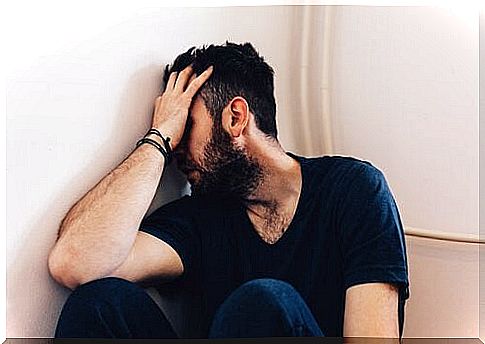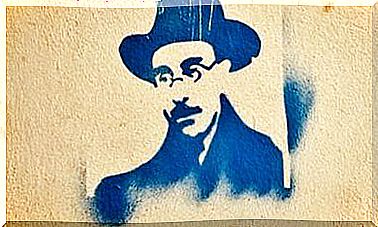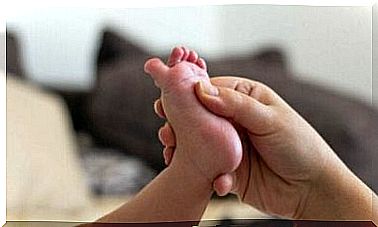Psychological Consequences Of Domestic Violence
Abuse always leaves deep scars and sometimes it is impossible to erase them. In particular, the psychological effects of domestic violence are quite profound, especially if the harm comes from someone you’re in love with.
We must first establish the difference between psychological harm and psychological violence. Psychological damage is the result of a violent act. It consists of the feelings and emotions experienced immediately after the abuse. Psychological effects, however, are impressions that remain in your mind when psychological damage is not properly treated.
Domestic violence and abuse within a family are two types of violence that have the greatest impact. There is a deep emotional connection. As a result, the abuse can often go on for a very long time. The worst part is that the abuse is often subtle or tolerated by the environment or culture. Therefore, it is not even seen as a problem and sometimes goes on for decades.
Domestic violence
Domestic violence can manifest itself in many different ways. One of the most brutal and painful is the kind that involves physical violence. However, there are many types of abuse that are almost invisible to outsiders.

Domestic violence can look like this:
- Mocking and ridiculing the beliefs, appearance, or opinions of the abused person.
- Constantly pointing out mistakes and saying that the abused individual cannot do anything right.
- Manipulation to make them feel guilty. The abuser blames them for not meeting their expectations and then punishes them with silence or anger.
- Denial of the abuse. If the victim tries to talk about it, the abuser refuses to admit his harmful actions.
- Isolation from friends and family. This includes jealousy and criticism of friends or family.
The common factor in this behavior is a desire to control. The abuser is always trying to impose themselves on another person, even if they do it in a subtle way. In fact, they don’t have to yell or insult the other person to see it as domestic violence.
The consequences of domestic violence
There are always psychological consequences of domestic violence. It leaves marks on the victim’s body, mind and social life. While each case is unique and everyone reacts differently, the consequences are more or less the same.

The main consequences of domestic violence include:
- Psychological consequences: mainly damage to one’s self-image. In fact, people with little self-love are more likely to fall into the hands of an abuser. Guilt and despair are common, as are anxiety and depression.
- Physical effects: sleeping problems, digestive problems, headaches, hypertension and respiratory problems.
- Social consequences: in most cases the victims isolate themselves. They no longer see their friends and family, feel unworthy and ashamed. Of course, they also try not to upset their partner, who is almost always suspicious of social gatherings.
It’s important to point out that the situation for battered men is usually a bit more complicated. Society still has a chauvinistic mentality and it is frowned upon for a man to allow his partner to mistreat him.
Thus, men often hide their abuse and even refuse to admit it to themselves. This makes them slightly more likely to develop health problems and addictions as a result of their hidden pain.
What should I do?
Domestic violence causes a lot of confusion, especially in the beginning. It is common to have many conflicting feelings, attitudes and thoughts. You love your partner and you hate him at the same time. You are irritated but at the same time you justify his behavior.
It is never easy to face the fact that the person you love is also the source of such a serious problem. It’s hard to admit that maybe the only way out is to leave the person. All of this is part of the perverse dynamics of domestic violence.

The hardest part of getting out of this kind of situation, which is always very damaging, is taking the first step. The first step is admitting and accepting that you are in an abusive relationship.
Once you have accepted it, you have to face that it will not go away on its own. That’s why you need to ask for help. Ideally, you should seek out a psychotherapist as there are likely very deep issues involved.








